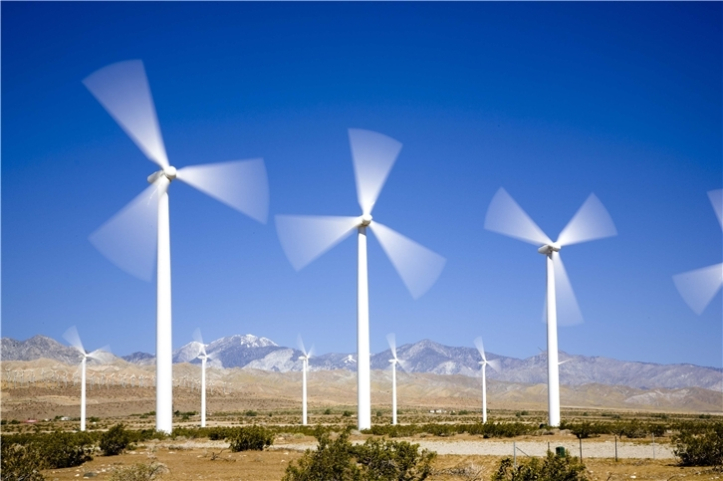
Why does Mexico continue to bet on oil when other countries have started investing in renewable alternatives?
After the fall of oil in April and the low demand for it during the pandemic, the president of Mexico decided to cancel the construction of wind power plants.
While most countries are trying to shift toward a new reality of renewable energy, Mexican president, Andrés Manuel López Obrador, has decided to stick to using fossil fuels
Due to their efficiency, renewable sources are considered to be the future of energy. The high carbon dioxide rates and the pollution generated by fossil fuels have made them an obsolete source of energy.
Because of this, and the anxiety caused by the impact of the coronavirus on the economy, in April, crude oil’s price suffered a historic, unprecedented drop.
According to El Financiero, “it was the first time the price of this hydrocarbon closed in negative territory.” Which meant that sellers with contracts in May had to pay their customers to take oil they couldn’t store.
Despite that oil supplies in Mexico are expected to run out before 2040 and the price has plummeted since the beginning of the pandemic, AMLO's key project to invest in crude oil refineries is still underway.
“Mexico’s president is thwarting the development of renewable energy” stated The Economist. Instead of taking advantage of the situation, Mexico’s president is remaining nostalgic.
After the policies presented in 2018 by the government, the target of 35% renewable energy by 2024 is now unrealistic. The use of renewable sources has turned into an uphill battle.
As Mexico’s president stated on a video posted on his Twitter account during a trip to Baja California in May, “wind energy structures affect the landscape and the natural image.”
However, the problem goes far beyond Baja California´s landscape. According to Gatopardo, the low demand of crude oil has caused an overproduction. The product that was planned to be sold throughout this year remains in storage and must be used in some way.
RELATED CONTENT
As a result, Mexico has stuck to the outdated transportation system of the Federal Electricity Commission (CFE) that is run by combust oil, rejecting any renewable alternative.
According to Ramses Pech, an energy analyst, this is the principal reason why, in Mexico, “distribution and transportation costs are much higher than energy itself.” CFE’s transportation system is antique and outdated to present demands.
Private companies, such as Iberdrola, have presented solutions and alternatives to the problem.
The administration has instead decided to cancel the expensive projects by prioritizing national companies without considering the economic consequences of the decision.
As a result, according to Milenio, “Mexico has left the ranking of most attractive countries for foreign investment.”
At a time when renewable alternatives have seemed to be the best solution, the Mexican government has decided to restrict the growth of new strategies by supporting those that have become obsolete.










LEAVE A COMMENT: